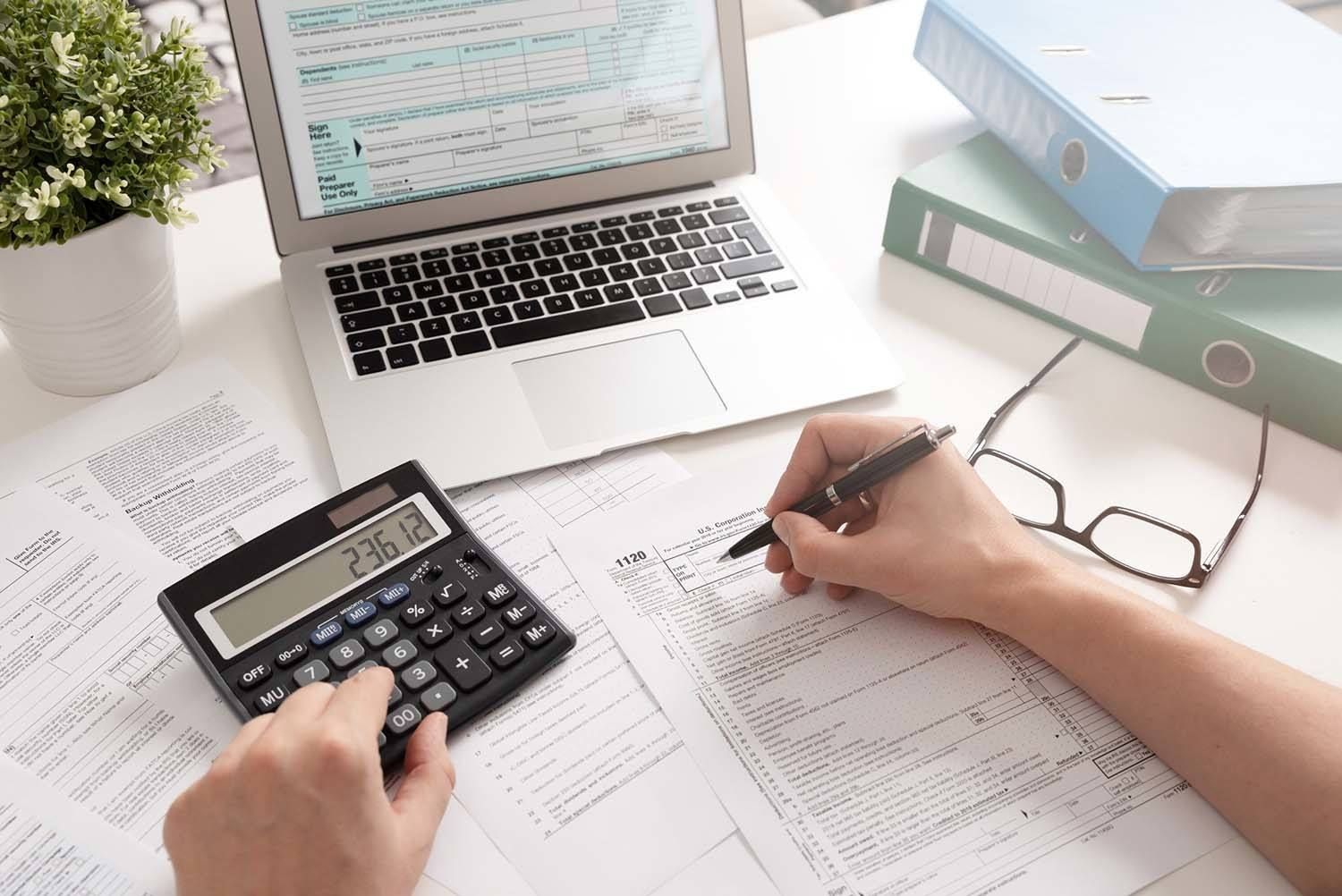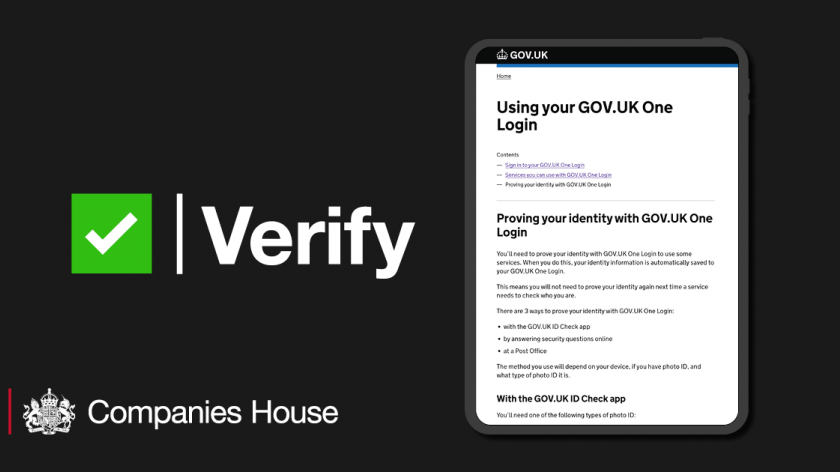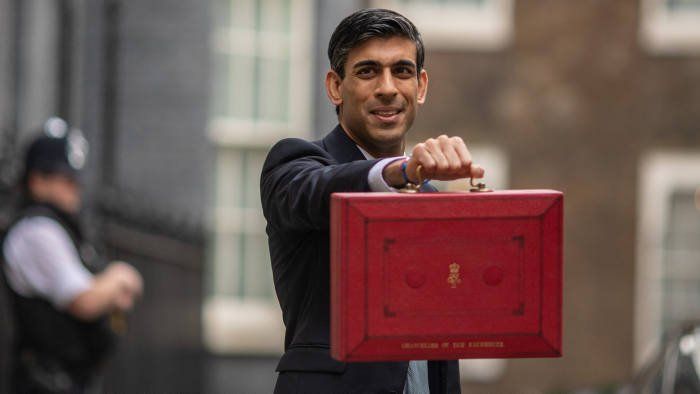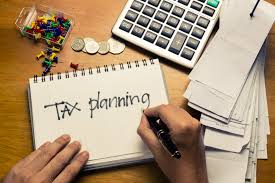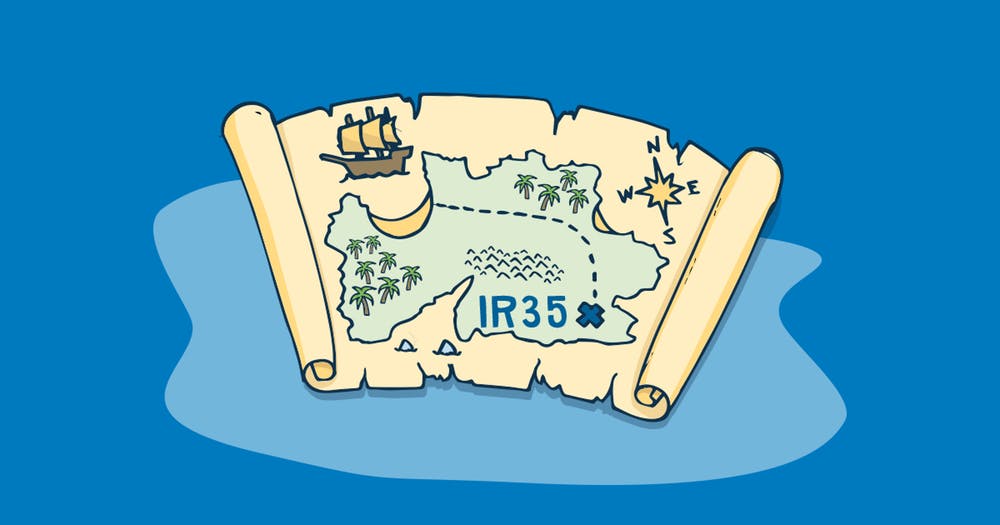Expert Tips

As of 15 May 2025, HMRC has officially extended Making Tax Digital (MTD) for Income Tax Self-Assessment (ITSA) to apply to sole traders and landlords who earn above certain income thresholds. This is part of HMRC’s plan to modernise and streamline tax reporting – replacing the annual “big return” with ongoing, accurate digital updates throughout the year.

The startup journey is an exhilarating rollercoaster ride. You've poured your heart and soul into your innovative idea, but to turn it into a reality, you'll likely need funding. Fear not, there's a wealth of funding options available, each with its own advantages and considerations. Let's navigate the exciting, yet sometimes bewildering, landscape of startup funding.

